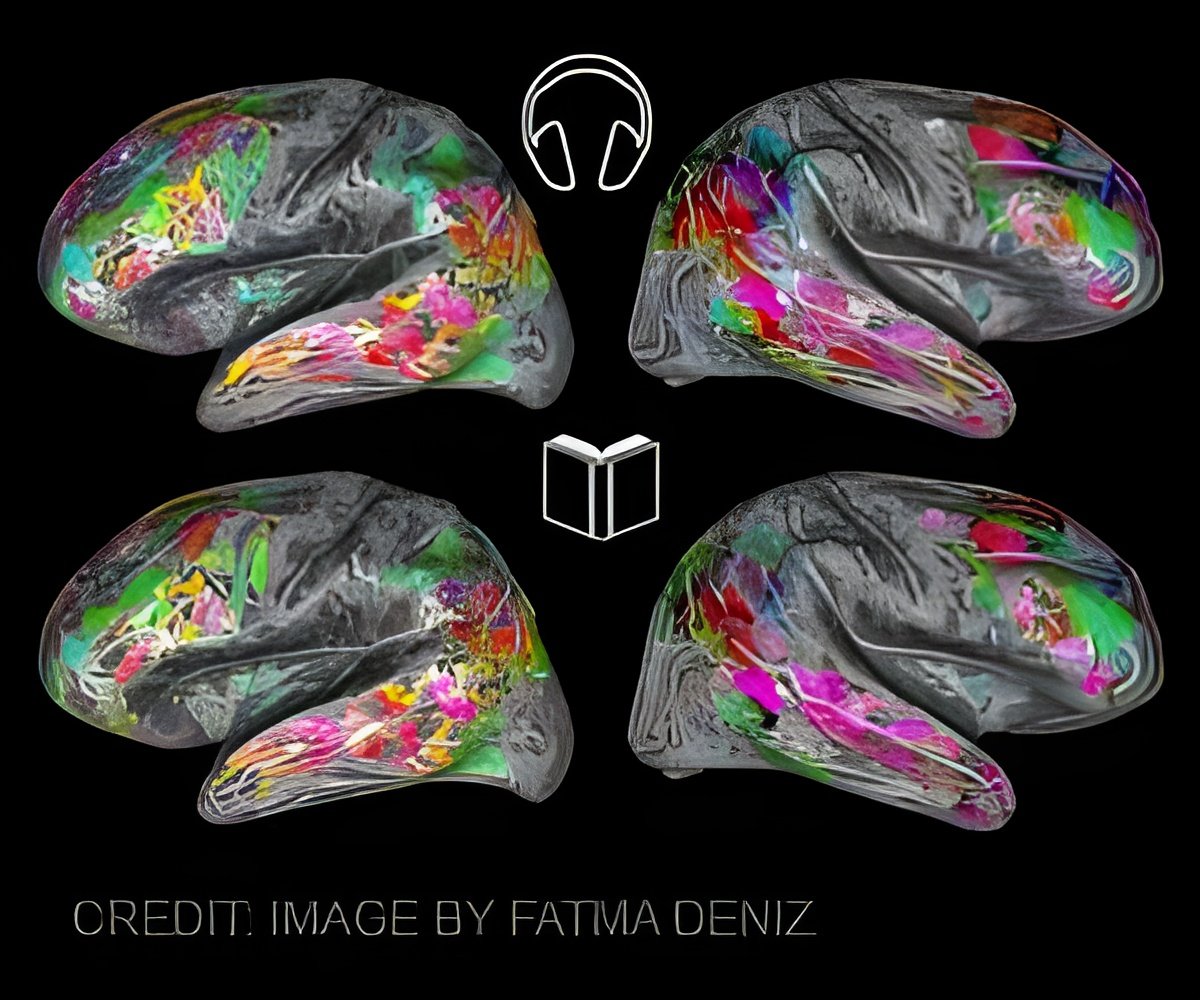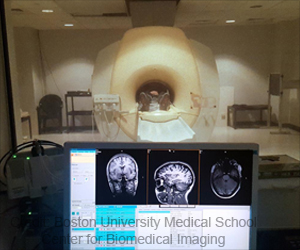Attention deficit hyperactivity disorder (ADHD) medications did not improve cognition in healthy students.

‘Attention deficit hyperactivity disorder (ADHD) medications did not enhance cognition in healthy students. ADHD drugs did not improve reading comprehension or fluency and impaired working memory.’





Study co-investigators Lisa Weyandt, professor of psychology and a faculty member with URI's George and Anne Ryan Institute for Neuroscience, and Tara White, assistant professor of research in behavioral and social sciences at Brown University, had anticipated different findings. "We hypothesized that Adderall would enhance cognition in the healthy students, but instead, the medication did not improve reading comprehension or fluency, and it impaired working memory," she said. "Not only are they not benefitting from it academically, but it could be negatively affecting their performance."
This first-ever multisite pilot study of the impact of so-called "study drugs" on college students who do not have ADHD comes at a time when the use of prescription stimulants such as Adderall, Ritalin, and Vyvanse is common among young adults who believe the drugs will improve their academic performance. Research by Weyandt and others has estimated that 5 to 35 percent of college students in the United States and European countries without ADHD illegally use these controlled substances, buying or receiving them from peers, friends, or family.
Results of the new study show that the standard 30 mg dose of Adderall did improve attention and focus -- a typical result from a stimulant -- but that effect failed to translate to better performance on a battery of neurocognitive tasks that measured short-term memory, reading comprehension and fluency.
Weyandt has a theory about why working memory would be adversely affected by the medication. Brain scan research shows that a person with ADHD often has less neural activity in the regions of the brain that control executive function -- working memory, attention, self-control. For people with ADHD, Adderall and similar medications increase activity in those regions and appear to normalize functioning.
Advertisement
Participants in the study also reported their perceived effects of the drug and its impact on their emotions, with students reporting significant elevation of their mood when taking Adderall.
"The fact that we see these effects on positive emotion and cardiovascular activity, in the same individuals for whom cognitive effects were small or negative in direction, is important. It indicates that the cognitive and the emotional impact of these drugs are separate. How you feel under the drug does not necessarily mean that there is an improvement in cognition; there can be a decrease, as seen here in young adults without ADHD."
The physical effects from the drugs, such as increased heart rate and blood pressure, were expected and underscored the difference with cognition. "They are subjecting themselves to physiological effects but do not appear to be enhancing their neurocognition," Weyandt said. She stressed, however, that the findings are based on a pilot study and need to be replicated with a substantially larger sample of college students.
The researchers recruited students from both universities, eliminating individuals who had taken ADHD medications or other drugs. After rigorous health screenings, 13 students participated in two five-hour sessions at White's lab at Brown and at Memorial Hospital in Pawtucket.
In the double-blind study, in which neither researchers nor participants know who is receiving the placebo and who is receiving the study medication, each student received Adderall in one session and the placebo in the other. This allowed the researchers to see the effects of the medication vs. placebo in individuals and across the group.
Given the important and unexpected results from the study, Weyandt and White plan to apply for federal funding to continue the research with a larger group of healthy college students.
Source-Eurekalert















